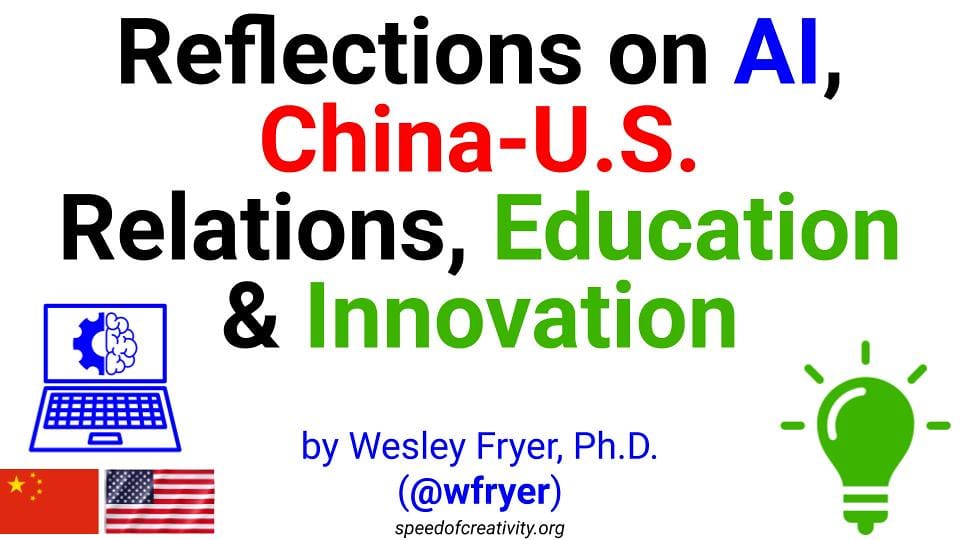The Academic Integrity Crisis: Scientific Fraud Surges as Fake Research Floods Journals
The foundation of scientific progress is crumbling under an avalanche of fraudulent research. A comprehensive new analysis reveals that retracted scientific papers due to misconduct have skyrocketed over the past two decades, with fabricated data, manipulated images, and completely fictitious studies infiltrating even prestigious academic journals at an alarming rate.
The Scale of the Problem
Recent investigations by research integrity experts paint a disturbing picture of modern academia. The number of scientific papers retracted for fraud has increased by more than 1,000% since 2000, far outpacing the growth in published research. What's particularly concerning is that many fraudulent papers remain undetected for years, potentially influencing subsequent research, policy decisions, and clinical practices.
The problem spans across disciplines, from medical research that could impact patient treatments to climate studies that inform environmental policies. High-impact journals that were once considered bastions of scientific rigor are now regularly discovering and retracting papers that should never have passed peer review.
Red Flags in the Research Pipeline
Image Manipulation and Data Fabrication
One of the most common forms of scientific fraud involves manipulating research images and fabricating experimental data. Researchers have been caught duplicating gel bands in biology experiments, photoshopping microscopy images, and creating entirely fictional datasets to support predetermined conclusions.
The sophistication of these fraudulent techniques has evolved alongside technology. Advanced image editing software makes it increasingly difficult for reviewers to detect manipulated figures, while AI tools can generate convincing but completely artificial research data.
Paper Mills and Ghost Authorship
The emergence of "paper mills" – commercial operations that produce fake research papers for a fee – represents a new frontier in academic fraud. These operations often target researchers under pressure to publish, offering fabricated studies complete with fictional data, references, and even fake peer reviews.
Ghost authorship, where individuals who didn't contribute to research are listed as authors, has also become increasingly problematic. This practice not only misrepresents the actual contributors but can also lend false credibility to fraudulent work.
The Peer Review System Under Siege
The traditional peer review process, long considered the gold standard for validating scientific research, is struggling to keep pace with increasingly sophisticated fraud. Reviewers, often working voluntarily and under time constraints, may lack the specialized knowledge or tools needed to detect complex fabrications.
Some fraudulent researchers have even gamed the peer review system itself, suggesting fake reviewers or creating entirely fictitious reviewer profiles to ensure their papers receive favorable evaluations.
Real-World Consequences
The implications of fraudulent scientific research extend far beyond academic circles. Medical treatments based on fabricated clinical trials can endanger patients. Environmental policies built on falsified climate data can misdirect crucial resources. Engineering designs based on fraudulent materials research can lead to catastrophic failures.
The COVID-19 pandemic highlighted these risks when several high-profile studies on potential treatments were retracted due to data integrity issues, creating confusion and potentially influencing treatment decisions during a critical period.
Fighting Back: Detection and Prevention
The scientific community is developing new tools and strategies to combat research fraud. Advanced plagiarism detection software now screens for image manipulation and data anomalies. Some journals are implementing more rigorous pre-publication screening processes, including statistical analysis of submitted datasets.
Institutional oversight is also evolving, with many universities establishing dedicated research integrity offices and implementing mandatory training on ethical research practices. However, these measures often lag behind the sophistication of fraudulent techniques.
The Path Forward
Addressing the scientific fraud crisis requires a multi-pronged approach. Publishers must invest in better detection technologies and more thorough review processes. Academic institutions need to reform incentive structures that prioritize publication quantity over quality. Funding agencies should allocate resources for research integrity initiatives.
Perhaps most importantly, the scientific community must acknowledge that this crisis threatens the very foundation of evidence-based knowledge. The integrity of scientific research underpins everything from medical treatments to climate action, making the fight against academic fraud not just an institutional concern, but a societal imperative.
The explosive growth in fraudulent scientific papers represents one of the most serious threats to modern research integrity. Without decisive action, this crisis could undermine public trust in science and compromise the evidence-based decision-making that underpins modern society.

